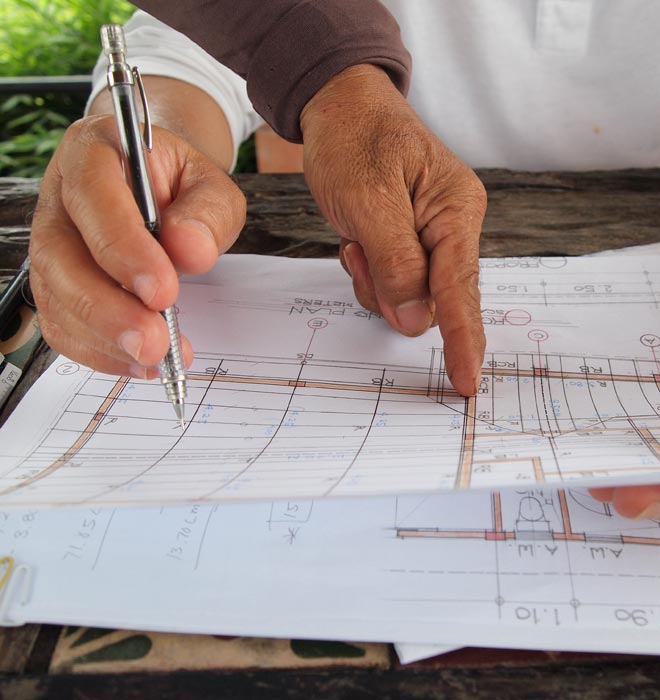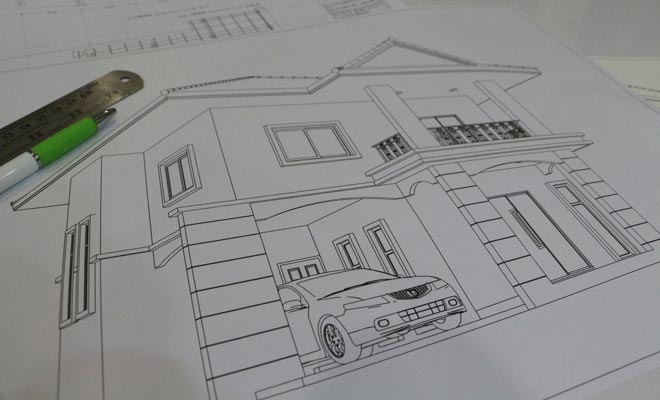Step 3 – Pre-application
A pre-application meeting is a valuable and crucial step in your interaction with the planning system process, even though there is a fee for the pre-planning advice, and it is not legally binding. Meeting with your local planning officer allows the opportunity for an in-depth discussion of your scheme and to understand the thought process behind any restrictions or conditions that would be considered part of the full planning application process.
Engaging and finding common objectives at this early stage is a key element. Local authorities can set conditions or planning obligations on a development, that is initially considered to be unacceptable, to make it more likely to be granted planning permission. However, any conditions should be kept to a minimum and only put in place when they are necessary, relevant, enforceable, precise, and reasonable.
As a developer aware that both CIL and S106 can impact on the viability of the scheme, you will need to make a choice between the quicker process of CIL, if applicable for your area, and the advantages of negotiation of S106 despite the delays that often are experienced.
Creating the right balance between cost and value is the ultimate aim to give the maximum performance for a good return on investment.








